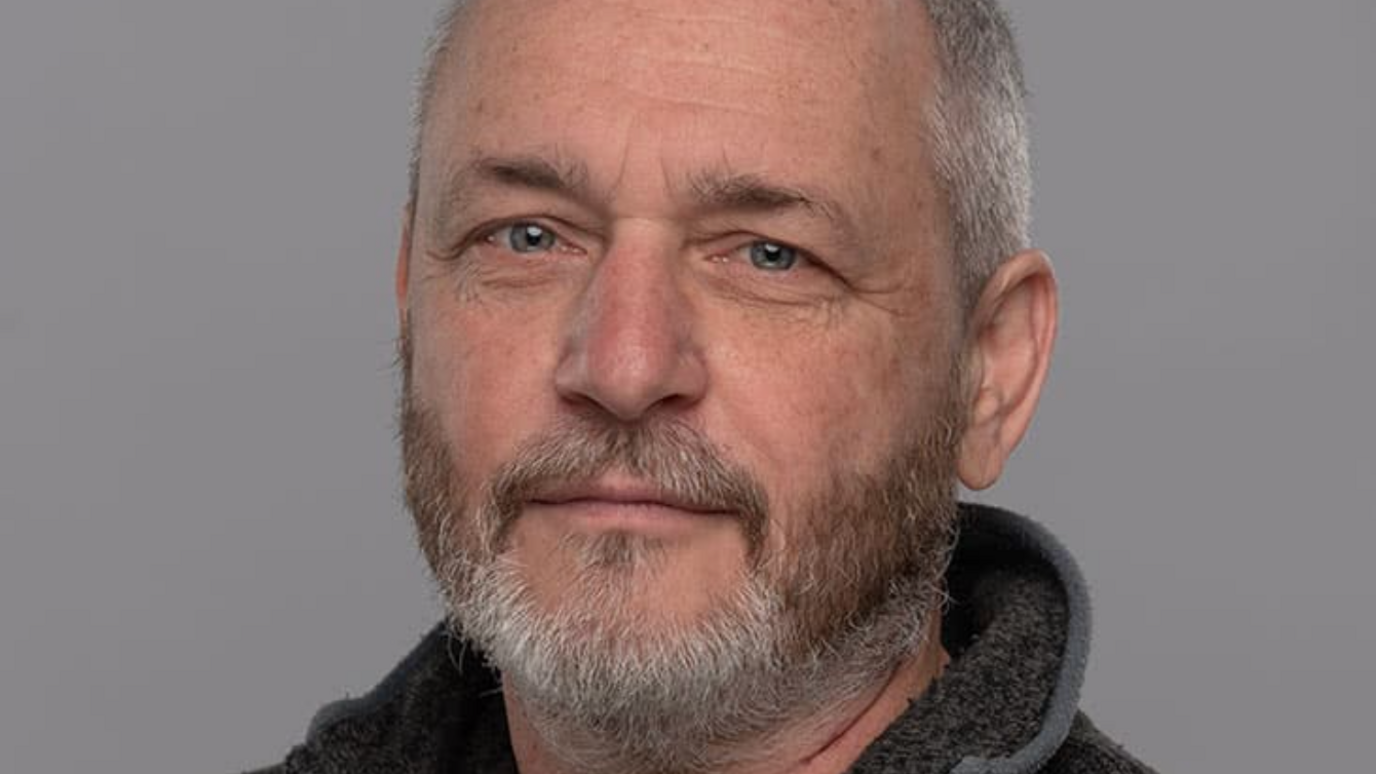Outdated phrases surviving in North East - lecturer

Sunderland-based lecturer Mike Pearce has studied accents in north-east England
- Published
Words and phrases which are hundreds of years old and no longer spoken by most people in England have managed to survive in the North East, according to a lecturer.
Mike Pearce, from Sunderland University, claims to have created the most "up-to-date" guide of the region's dialect in a book since the 1800s.
He was inspired to study the nuance after noticing the type of language used by people posting in an online forum which discusses news and events in Wearside.
"Many well-known dialect features which have sometimes been seen as ‘old fashioned’ or ‘dying out’ are alive and kicking here," he said.
Mr Pearce, senior Lecturer in English Language and a dialectologist, had become surprised by the number of people using "local linguistic features".
'Mooth instead of mouth'
“Many of these features have survived in the north-east and been lost in other parts of England," said the author of North East Vernacular English Online.
"At one point in history every English speaker would have said ‘mooth’ instead of ‘mouth’ and ‘lang’ instead of ‘long’ and they would have referred to their children as ‘bairns’."
He said he felt people living in the north-east of England "under-appreciate" their everyday way of using English and even "see it as wrong or sub-standard".
But he said it had become "culturally important" and it was vital it should be "acknowledged and celebrated."
In addition to understanding how outdated words are still used in everyday language in the region, the book studies the attitudes towards North East dialect.
This is not the first time observations over accents have been made.
Last year, Lancaster university found the "strong r" sound at the end of words could disappear in the North of England.
Meanwhile, research has suggested accents could become more generalised as upcoming generations continued to listen and communicate to people in other parts of the country, and the world, via social media.
Follow BBC Sunderland on X (formerly Twitter), external, Facebook, external and Instagram, external. Send your story ideas to northeastandcumbria@bbc.co.uk.